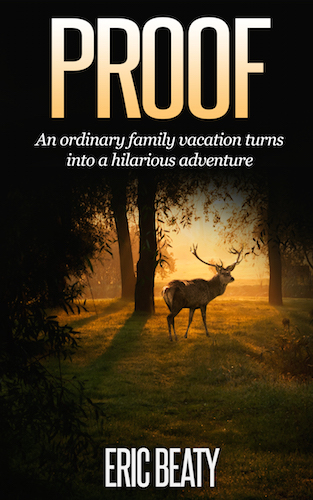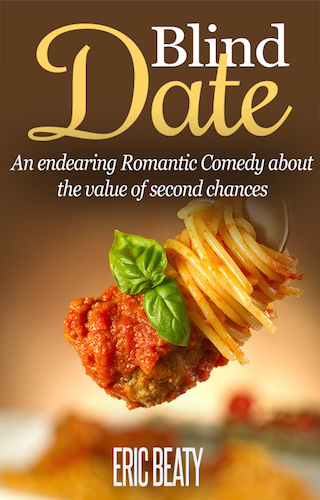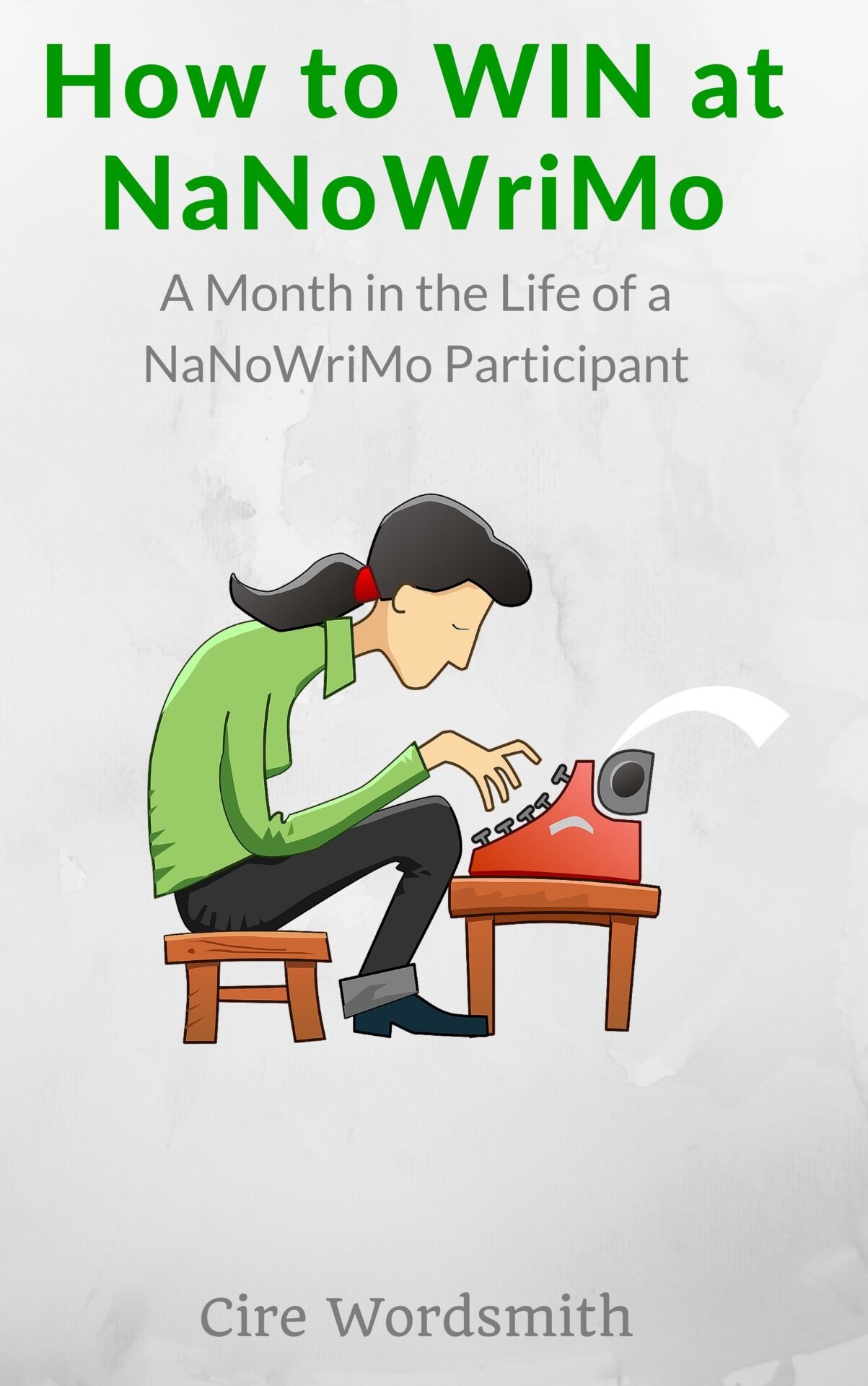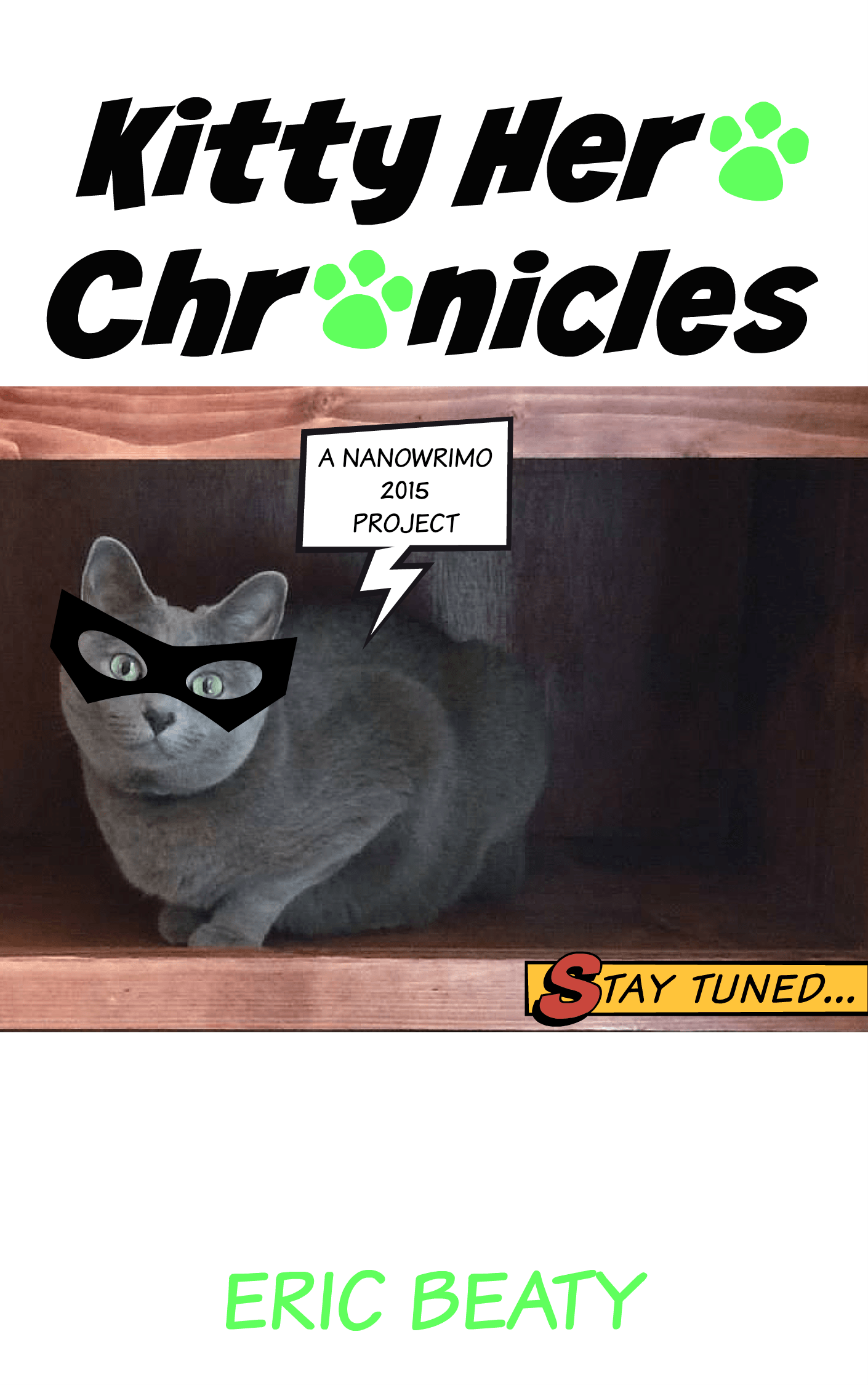Greetings, faithful readers. In this blog post I'd like to share with you some strategies to help you face your creative fears, taken from the pages of one of my many journals. If you haven't tried journaling, you're missing out on some great inspiration that you could glean from later in life, especially when it comes to conquering your creative fears.

More...
From my "Morning Pages" Journal | May 18, 2016
A Short Vacation Story
One of the things I hope to do this Summer is go to a water park (possibly Nashville Shores) and spend most of the day relaxing in a lazy river. I don’t know why, but that seems to me to be the perfect getaway for this year.
I can picture it now: I’m laying back on a bright yellow inner tube, and the sun is shining. The noise of the crowd is all around me, but I don’t mind; I can tune them out as I float around, thinking of plots and characters I'll enjoy working on when I get back to the hotel. By then it would be nice to have a few of the non-fiction books I've been working on published so I can finally move toward inspecting the worlds of my fictional characters.
Then—after a night of pizza, reading, and writing—my wife and I will get up, eat a nice breakfast, and go shopping for clothes, books and stationery, and will eat a delicious meal followed by a walk (or sit) in a park we haven’t been to before. That evening we’ll come back home; maybe have a relaxing mocha (for me) and mango tea (for my wife) from our favorite local coffee shop (Poet’s South); and settle in for the night. We might even go yard-saling the next morning.
I’m getting relaxed just thinking about it. That’s what stories are about after all: transporting you to places that you enjoy going to. I just wrote myself in a better mood and a better outlook on today!
That’s what stories are about after all: transporting you to places that you enjoy going to.

Wouldn't you just love to visit a place like this?
Facing Your Creative Fears
I’ve recently been reading a book called Mastering Creative Anxiety by Eric Maisel. In regards to my own writing, I'd like to talk about why I’m so anxious to get started writing more fiction.
Deep down I know the main creative fear I have is abandoning a new work, just like I did in my 2009 NaNoWriMo Novel. (Now completely written as of May 2015, one year ago...and five years after I began it.) I’m afraid that, in accordance with my track record, I’ll leave a new story unfinished and never pick it back up again to complete it.
Maybe the best way to face that creative fear—to conquer it—would be to just do it anyway and say “So what?” So what if I don’t complete it? Is that the end of the world or the end of my career? Isn’t it better to write, having not completed thousands of works, and find the story you simply can’t not finish?
Obviously I’m exaggerating; I wouldn’t have to write thousands—hundreds, even—of works to find one I was particularly fond of. But isn’t that what anxiety/resistance/fear does: exaggerate the fear (False Evidence Appearing Real) until it becomes overwhelmingly real? Fear makes mountains out of mole hills. As Dean Wesley Smith says in his awesome book Writing Into the Dark, the Inner Critic’s job is to stop you in your tracks from writing.
Isn’t it better to write, having not completed thousands of works, and find the story you simply can’t not finish?
Practicing Your “Scales”
So what if I don’t finish a few stories? Am I a failure for having tried? And is it really important that I finish them anyway? Maybe the act of writing stories is causing me to learn more about my craft; maybe it’s well-needed practice.
When I practice guitar, it doesn’t always mean I’ll create an entire song. The scales and techniques are merely bits and pieces that are placed in reserve, becoming available when I’m ready to latch onto that great new idea I’ve discovered. But this doesn’t happen without practice!
The same thing goes for writing—fiction in particular. The writing itself is the “scale” which will eventually lead to a song (story/novel)—only if I keep practicing. Words on a page—any words—are still practice. Smith also states in Writing Into the Dark that no writing is wasted writing; it all serves as practice to make you a better writer.
No writing is wasted writing; it all serves as practice to make you a better writer. - Dean Wesley Smith
Whose Rulebook Are You Reading?
Sure, I’m nearly ready to publish my Goals Books (only one or two more rounds of edits each), but that doesn’t mean I have to stifle my creativity for the sake of finishing them. What rulebook says that I must “complete the edits on one work before moving onto the next?” None to my knowledge. And if there were such a rulebook, wouldn’t it be better to decide for myself what works best for me...like I should be doing anyway?
There are tons of writers and writing “experts” with their own take on the “right” way to do things. But that’s just it: they have their own way, what works best for them. And what works best for them may not (9 times out of 10) work best for me. Thus, I get to pick and choose bits and pieces of advice from others and leave the rest (another suggestion from Smith).
And besides, going back to incomplete works, how many incomplete works do I actually have anyway? I’ve finished many short stories which were originally written in several notebooks (publishing a few), as well as several stories I wrote in a couple of personal planners from years gone by. I’ve also written plenty of completed poems and songs.
Okay, so maybe Murphy’s Law (my first actual attempt at a writing a novel waaaaay back when) still lies incomplete and collecting dust; but maybe, just maybe, it’s served its purpose. And yes, my “Stan and Candy” story isn’t complete in my little gray Readables notebook, but I’ve at least had the practice of coming up with story ideas.
And let’s not forget—News Flash—that all those words on the countless pages I’ve filled are absolutely fair game to be used in future works (provided I get to working on them instead of waiting around for the perfect time to write).
From Perfecting to Polishing
Speaking of which, perfectionism may be my biggest creativity killer yet. Perfect timing, perfect stories, and perfect story ideas: there are no such things. If there were, nobody could write them because nobody’s perfect!
When you think about it, even in the drafting stages you’re not “perfecting” your work. Instead, I like the term “polishing” much better. Sometimes there are flaws—scratches, chips, cracks—in the most beautiful works of art. It’s when you polish them that their brilliance exceeds their blemishes.
So it is in the writing of today’s Morning Pages (a concept and term coined by Julia Cameron in her brilliant book for creative recovery entitled The Artist's Way). I’ve practiced my scales, as it were, and if I don’t accomplish another thing today I can be satisfied in knowing that I’ve created a path for more productive days ahead, writing—or otherwise—oriented.
Sometimes there are flaws in the most beautiful works of art. It’s when you polish them that their brilliance exceeds their blemishes.
In Closing
I hope you've gleaned some great ideas from this blog post and journal entry. I find that keeping a journal serves as a great way to understand what you're thinking, solve problems that you can't solve in your head, and even help with slaying writing monsters. You should give it a try sometime; you might just find journaling an invaluable tool for helping you face your creative fears.

P.S. I just couldn't resist. This was another great picture I found when searching for images related to lazy rivers. Doesn't this just make you want to relax in a floating river of calm water?
If you’ve found this content to be valuable to you, please share it with others whom you feel it will also benefit by using the share buttons conveniently located below. Also, be sure and add this page to your favorites or bookmarks for future reference. Thank you.
Featured Resource
[AMAZONPRODUCTS asin=”157731932X” gallery=”1″ desc=”1″]
Question: Are you overwhelmed with the fear of creating what yearns to come out? What techniques are you finding helpful for conquering your fears?
Leave a comment below and tell us all about it.
This post created with Thrive Content Builder.




